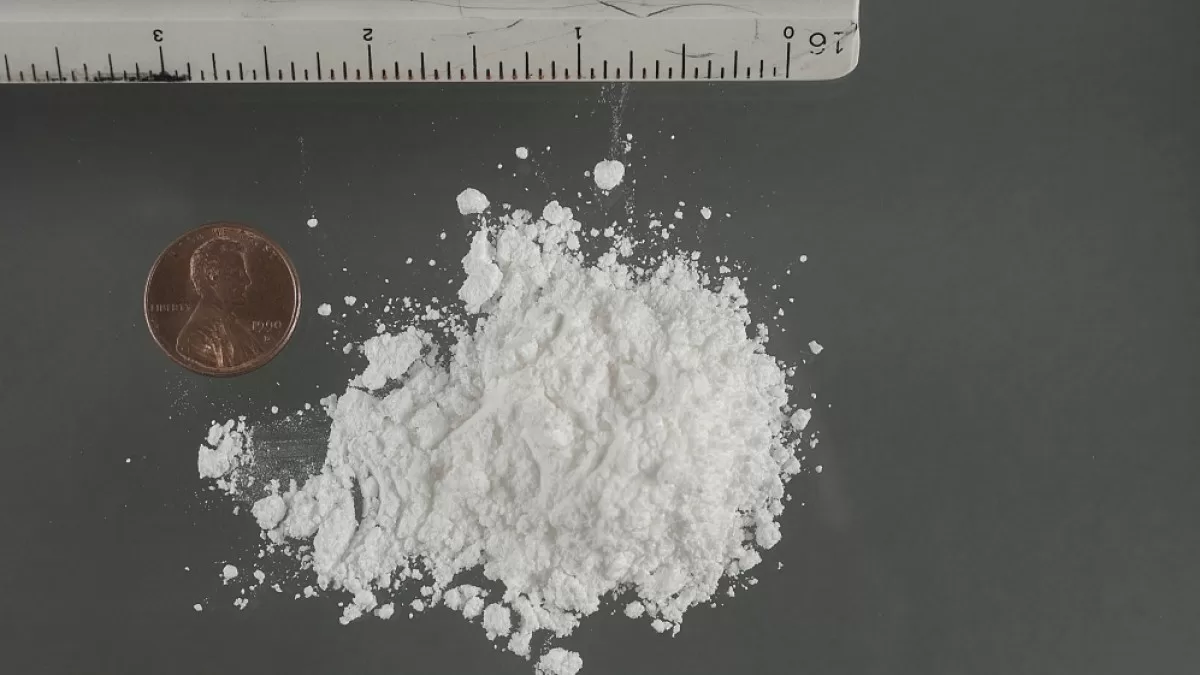Drug seizures, mainly of cocaine and cannabis resin, have soared in the region, according to a UN report.
In 2022, 1,466kg (3,232 pounds) of cocaine were seized in Mali, Chad, Burkina Faso and Niger compared to an average of 13kg (28.7 pounds) between 2013 and 2020, said the report released by the UN Office on Drugs and Crime (UNODC) on Friday.
Cocaine is the most seized drug in the Sahel after cannabis resin, the report added.
The location of the Sahel – lying south of the Sahara desert and running from the Atlantic Ocean to the Red Sea – makes it a natural transit point for the increasing amount of cocaine produced in South America and destined for Europe.
The trafficking has detrimental effects on both peace and health, locally and globally, said Amado Philip de Andres, UNODC regional representative in West and Central Africa.
“The involvement of various armed groups in drug trafficking continues to undermine peace and stability in the region,” said Philip de Andres.
The report highlighted that the drug trade provides financial resources to armed groups in the Sahel, where extremist networks have flourished as the region struggles with a recent spate of coups.
“Drug trafficking is facilitated by a wide range of individuals, which can include members of the political elite, community leaders, and leaders of armed groups,” the UNODC said, adding that this enables armed groups to “sustain their involvement in conflict, notably through the purchase of weapons”.
“Traffickers have used their income to penetrate different layers of the state, allowing them to effectively avoid prosecution,” the UNODC added.
‘Urgent, coordinated action’
In recent years, the region has also become an area of drug consumption.
A patrol in southwest Niger on Monday intercepted a shipment of cannabis and Tramadol, an opioid painkiller pill, worth $50,000, according to a national TV announcement.
Corruption and money laundering are major enablers of drug trafficking and recent seizures and arrests revealed that political elite, community leaders and leaders of armed groups facilitate the drug trade in the Sahel, the UN report said.
“States in the Sahel region – along with the international community – must take urgent, coordinated, and comprehensive action to dismantle drug trafficking networks,” said Leonardo Santos Simao, special representative of the UN secretary-general for West Africa.
Lucia Bird, the director of the Observatory of Illicit Economies in West Africa at the Global Initiative Against Transnational Organized Crime, told Al Jazeera that corruption is the grease that keeps the wheels of any criminal market moving.
“The Sahel is also gripped with instability and there are areas the government is struggling to control. And this instability also creates opportunities for criminal markets and drug trafficking,” she noted.
“Right now the priority for the Sahel has to be stabilisation,” Bird said, adding that the entire supply chain should respond to the challenges posed by the drug trade and the responsibility should not just fall on transit countries.
